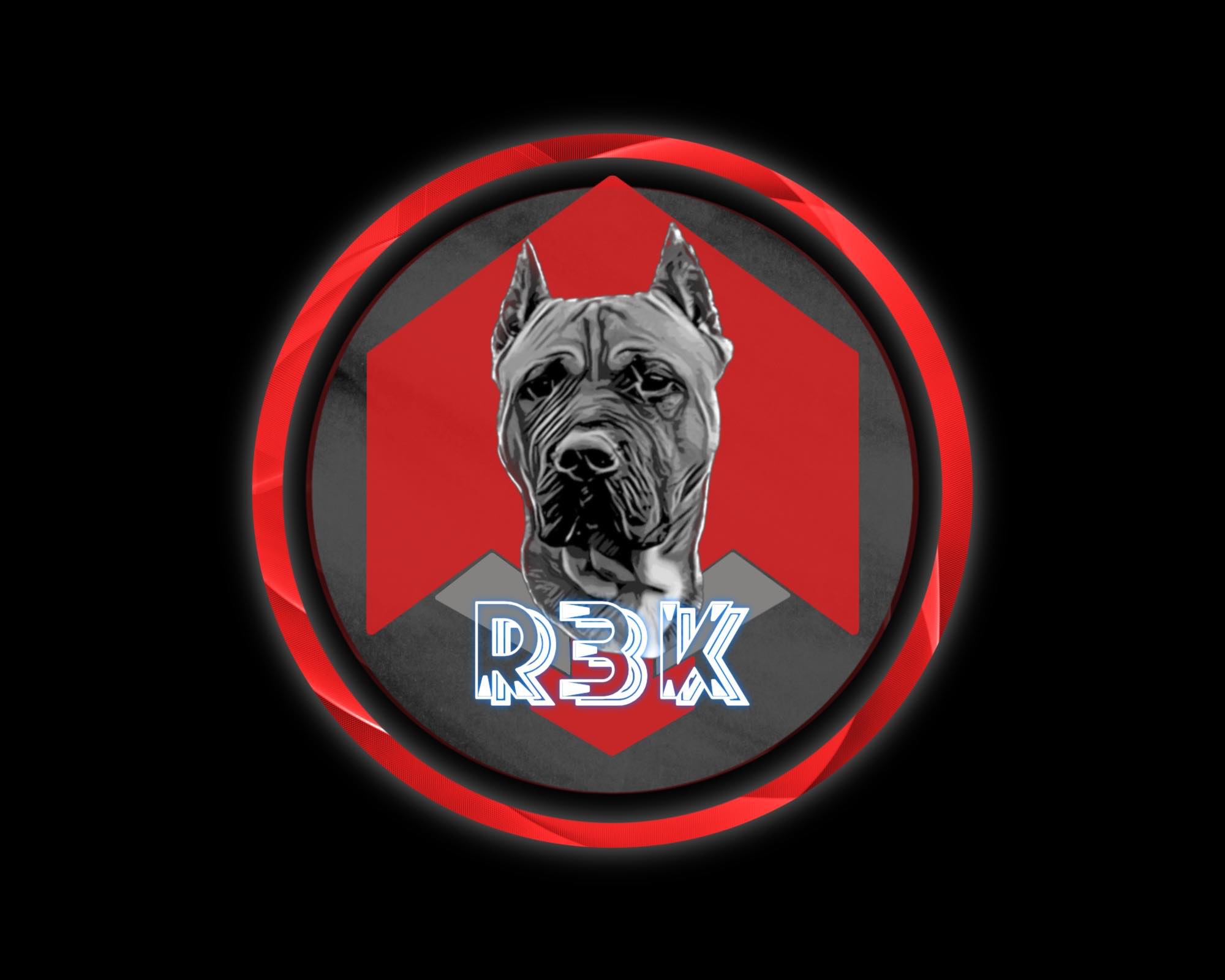Top Puppy Training Tips Every Owner Should Know
- RBK Line

- Sep 23
- 4 min read
Bringing a new puppy home is one of life’s greatest joys. But let’s be honest - it can also be a bit overwhelming. Those tiny paws and wagging tails come with a big responsibility. I’ve been there, and I want to share some of the best tips I’ve learned to help you build a happy, well-behaved pup. Whether you’re in the heart of Chicago or the surrounding areas, these tips will set you and your furry friend up for success.

Understanding Puppy Training Basics
Before diving into specific techniques, it’s important to grasp the fundamentals of puppy training. Puppies are like little sponges, soaking up everything around them. They learn best through positive experiences and consistent routines. This means patience and kindness go a long way.
Start by setting clear expectations. What behaviors do you want to encourage? What should be off-limits? For example, if you want your puppy to stop chewing on furniture, provide plenty of chew toys instead. Reward good behavior with treats, praise, or playtime. This positive reinforcement helps your puppy understand what makes you happy.
Consistency is key. Use the same commands and routines every day. If you say “sit” one day and “sit down” the next, your puppy will get confused. Keep it simple and clear. Also, remember that puppies have short attention spans. Keep training sessions brief but frequent - about 5 to 10 minutes several times a day works wonders.

What is the 7 7 7 Rule for Puppies?
You might have heard about the 7 7 7 rule, and it’s a fantastic guideline to keep in mind. This rule breaks down your puppy’s day into manageable chunks to help with training and care:
7 minutes of playtime: Puppies have tons of energy and need to burn it off. Short bursts of play help them stay happy and healthy.
7 minutes of training: Use this time to teach commands, tricks, or manners. Keep it positive and fun.
7 minutes of rest: Puppies need plenty of naps to grow and recharge. Quiet time is just as important as active time.
Following this rhythm helps your puppy stay balanced and focused. It also prevents overstimulation, which can lead to unwanted behaviors like biting or barking.
Creating a Safe and Stimulating Environment
Your puppy’s environment plays a huge role in their development. A safe, stimulating space encourages exploration and learning. Start by puppy-proofing your home. Remove anything dangerous or valuable that your curious pup might get into.
Next, create a cozy spot just for your puppy. A crate or a comfy bed in a quiet corner works well. This becomes their safe haven where they can relax and feel secure. Crate training is a wonderful tool for housebreaking and teaching boundaries.
Don’t forget to provide plenty of toys and activities. Puzzle toys, chew toys, and interactive games keep your puppy’s mind sharp. Rotate toys regularly to keep things interesting.

Housebreaking Your Puppy: Tips That Work
One of the biggest challenges for new puppy owners is housebreaking. It can feel like a long road, but with patience and consistency, your puppy will get there.
Here’s what worked best for me:
Establish a routine: Take your puppy outside first thing in the morning, after meals, after naps, and before bedtime. Puppies usually need to go every 1-2 hours.
Choose a designated potty spot: Always take your puppy to the same place. The familiar smells help them understand what to do.
Praise immediately: The moment your puppy goes potty outside, celebrate with lots of praise and a treat. This positive feedback reinforces the behavior.
Watch for signs: Sniffing, circling, or whining often means your puppy needs to go. Act quickly and take them outside.
Be patient with accidents: They will happen. Never punish your puppy. Instead, clean up thoroughly to remove odors and prevent repeat accidents.
Socialization: The Key to a Confident Puppy
Socialization is one of the most important parts of raising a well-rounded dog. It means exposing your puppy to different people, places, sounds, and other animals in a positive way.
Start early but go at your puppy’s pace. Introduce new experiences gradually and always reward calm, curious behavior. This helps your puppy build confidence and reduces fear or aggression later on.
Consider puppy classes or playdates with vaccinated, friendly dogs. These controlled environments are perfect for learning social skills. Also, take advantage of local parks and pet-friendly spots around Chicago to expose your pup to new sights and smells.
Why Professional Help Can Make a Difference
Sometimes, despite our best efforts, training can feel tough. That’s where professional trainers come in. They bring experience, knowledge, and personalized guidance that can transform your puppy’s behavior.
I highly recommend checking out puppy training programs that focus on positive reinforcement and compassionate care. These services not only teach your puppy but also empower you as an owner.
RBK Line, for example, offers expert training and boarding services right here in the Chicago land area. Their approach helps build strong, harmonious relationships between dogs and their owners. It’s a wonderful resource if you want to give your puppy the best start possible.
Building a Lifelong Bond with Your Puppy
Training is not just about rules and commands. It’s about building trust and understanding. Spend quality time with your puppy every day. Play, cuddle, and talk to them. These moments create a deep connection that lasts a lifetime.
Remember, every puppy is unique. Celebrate their personality and progress, no matter how small. With love, patience, and the right tools, you’ll raise a happy, confident dog who’s a joy to be around.
So, are you ready to start this exciting journey? Your puppy is counting on you, and I know you’re going to do great!







Comments